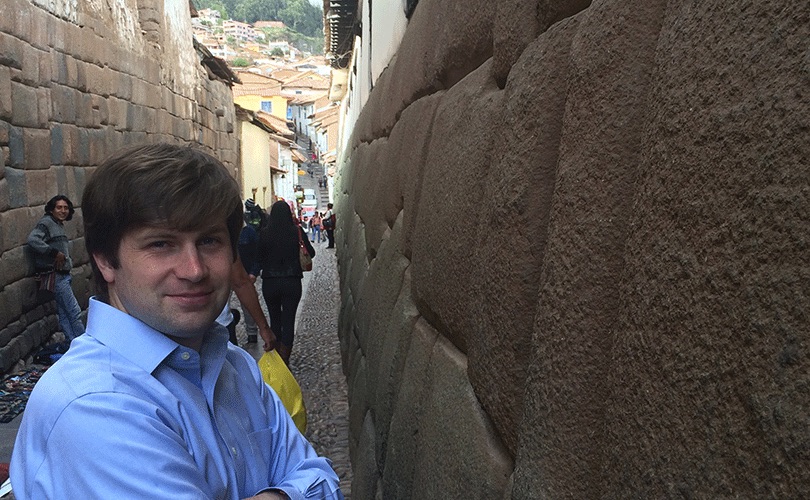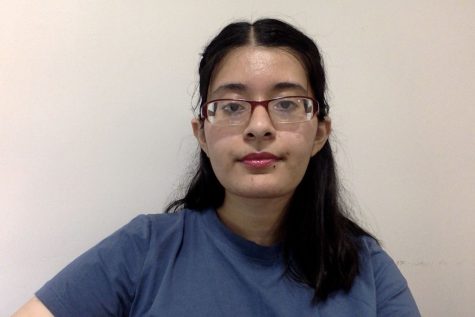Baruch professor wins Fulbright fellowship
April 29, 2022
Mark Rice, an associate professor of history at Baruch College’s Weissman School of Arts and Sciences, was awarded a Fulbright U.S. Scholar fellowship to conduct research in Peru.
He received the award for his first book, “Making Machu Picchu: The Politics of Tourism in Twentieth-Century Peru,” which explores the role tourism played in the popularity of Machu Picchu and its impact on Peru’s political climate.
The Fulbright U.S. Scholar Program, one of the most prestigious educational exchange programs, provides over 400 awards in more than 130 countries for people in the United States to conduct research, teach and work on professional projects abroad.
Rice is currently traveling to Peru to work on his second book, “Seeking Roads to Progress: Highway Construction and Social Change in Peru, 1920-1960.”
“[It is] a book which investigates the development of infrastructure in Peru, particularly the construction of roads, in the first half of the 20th century,” Rice said.
He explained the significance of this with Peru, “a country that historically was viewed as one of the weaker Latin American states.”
However, he said he did not originally plan to research Peru.
“I did not start out choosing Peru,” he said. “At almost the last moment, I decided to research Peru. I was interested in Latin America for a while, but I was originally going to work on Chile.”
He said that while working on his first book, for which he won the fellowship, he noticed in magazines the Peruvians’ interest in infrastructure and “building roads as a path to modernity.” This sparked his interest in the topic.
Despite the challenges of the COVID-19 pandemic, interacting with Peruvians in academia and the archives helped Rice with his research and were some of his best experiences.
“If you are there and you’re earnest and you’re putting in the work to research Peruvian history I think people are actually very invested in that and happy about that and are very happy to support that,” he said.
Rice said he did come across some challenges while working in the archives.
“For various reasons, it’s often hard to work in archives,” he said. “Not because of the archivists who are actually really helpful, but just a historical lack of funding has meant that a lot of archives are not protected. They’re not cataloged very well.”
He said that because of this, programs like Fulbright are very important now, especially in countries like Peru that may not have the proper funding to digitize their archives and make them easier to research.
Rice has a bachelor of arts in history from Cornell University and a doctorate from Stony Brook University. He teaches introductory history courses on global and Latin American history at Baruch, with a focus on U.S. and Latin American relations, economic history and tourism.
“It’s my hope when I return to Baruch, I’ll be able to start teaching some more thematic seminars on infrastructure,” Rice said.
Rice received the award in 2020 but was unable to travel to Peru until 2022 as a result of the COVID-19 pandemic. He’s currently in Peru and will be finishing his research in July this year.







